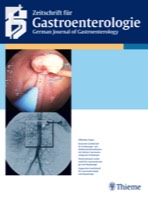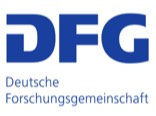Declined Liver Grafts – Analysis of the German Donor Population from 2010 to 2018

The lack of suitable allografts limits the availability of liver transplantation in Germany. The quality of potentially available German donor livers has to date not been analyzed.
Analysis of all donors for potential liver transplantations reported to the Eurotransplant by the German Organ Transplantation Foundation from 2010 to 2018. Categorization of transplanted and discarded organs utilizing available histopathological reports and predefined extended criteria for organ donation.
A total of 8594 livers were offered for transplantation, of which 15.2 % were discarded. During the analysis period the proportion of donor livers from extended criteria donors increased from 65 % to 70 % (p = 0.005). In 2018, 21.3 % of offered donor livers were discarded, more than half (56.4 %) of these organs came from donors meeting multiple extended criteria. Livers were significantly more likely to be not transplanted, when from donors of older age (> 65 years; 41 vs. 28 %), BMI > 30 kg/m2 (29 vs. 14 %) or elevated transaminase levels (all p < 0.001).
Despite the consistent organ scarcity in Germany, a relevant amount of livers cannot be transplanted due to a multitude of organ quality limitations. This should stimulate the search for concepts such as normothermic ex vivo machine perfusion to evaluate, protect and potentially improve organ quality.
Authors are Simon Moosburner, Nathanael Raschzok, Christina Schleicher, Detlef Bösebeck, Joseph M.G.V. Gaßner, Paul V. Ritschl, Axel Rahmel, Igor M. Sauer, and Johann Pratschke.
Z Gastroenterol. 2020 Aug 24. doi: 10.1055/a-1199-7432. Online ahead of print.



